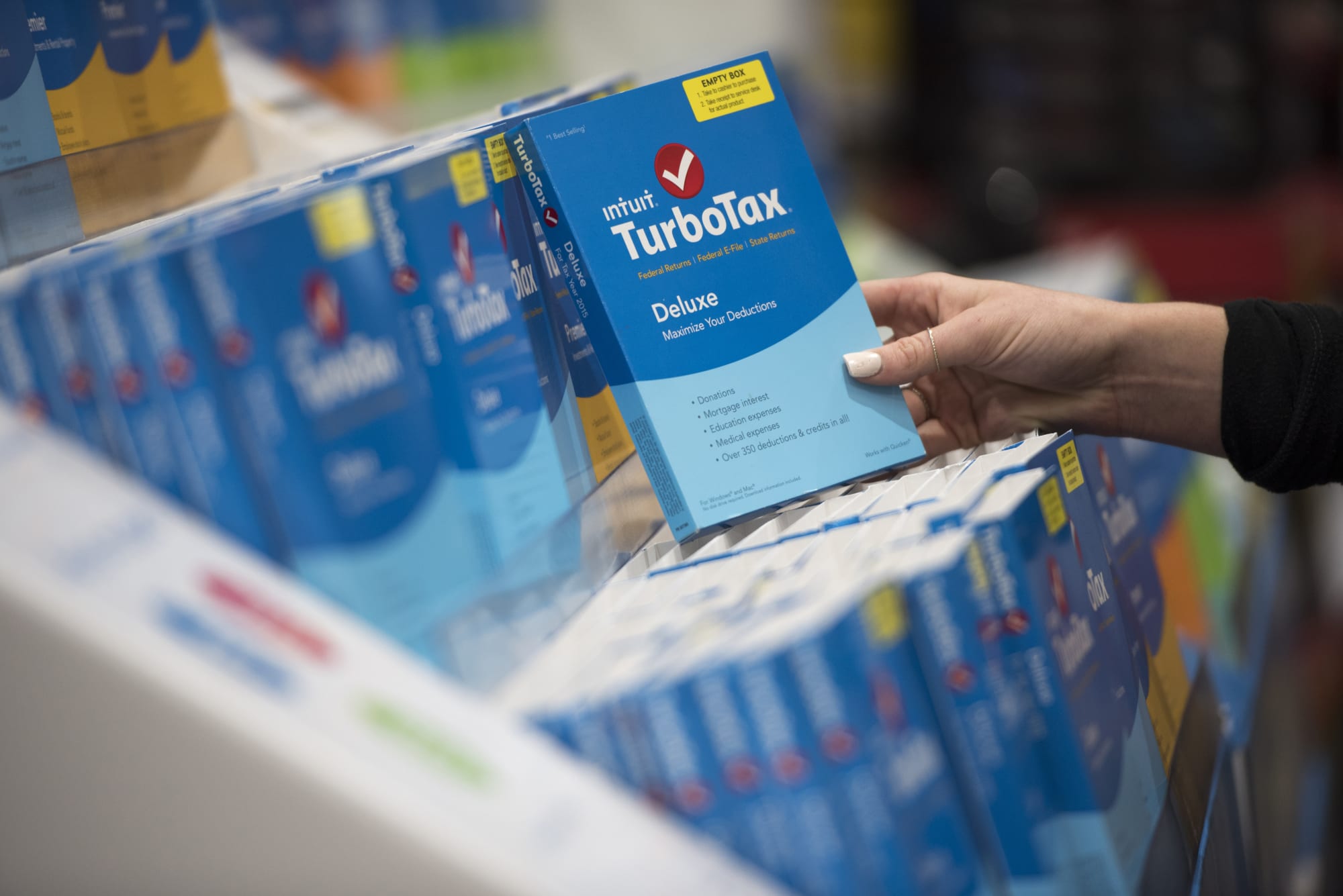
This week, the Internal Revenue Service (IRS) announced changes that will hopefully make it less stressful for a lot of Americans to file their taxes in 2020. In an addendum to the almost 20-year-old Free File agreement, the agency has put new protections in place to make it easier for Americans to file their taxes for free.
Moving forward, the addendum prohibits TurboTax maker Intuit and the other nine companies that make up the Free File Alliance from "engaging in any practice" that would prevent their free software from showing up on Google or any other search engine. Additionally, all 10 companies must now stick to a standardized naming scheme so that you can easily identify their free software. The next time you search for one of their apps, it should be called "IRS Free File program delivered by [product name]."
However, the most significant change is that the IRS is now free to create its own software. Under the previous version of the deal, the agency had agreed not to compete with the industry under the understanding those companies would offer free software for low- and middle-income Americans to use come tax season.
The addendum comes after relentless reporting from ProPublica. In April, the publication published a report that showed Intuit and H&R Block had included code in their free software that prevented the apps from showing up on Google. Intuit also spent years lobbying the government to prevent the IRS from changing the Free File agreement.
In a blog post on its website, Intuit said it "strongly supports these changes to the Free File program and associated Free File offerings because they increase the focus on the taxpayer experience. We applaud the IRS and FFA, who worked together to bring about these important reforms." The company currently faces several lawsuits for its past behavior.
by: via https://www.AiUpNow.com/